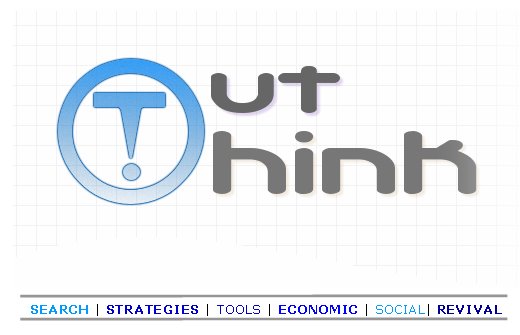Okay, so CIDA is not exactly mahala (free). But its certainly is excellent and has established itself as a forerunner in the hunt for a new education model that works.
If you look around a bit more, you can see other signs of the revolution coming, and speeding up as it prepares to hit. Case in point: Open educational resources (OERs). An example of this is MIT OpenCourseWare - with a vast array of educational literature online, you just need to log on, pick your subject and off you go - now that's mahala education.
But with only about 5 million of our 40+ million citizens having internet access, we know its not that simple. Most people don't even have sufficient food, clothing and shelter, let alone access to the internet.
Now don't get me wrong - I'm a firm believer in the internet as a facilitator for the coming revolution in education, but its not going to be the spark that ignites the flame. For that we need more, and like many others out there, I'm wondering what it will be, and what we can do about it.
Consider this - a lady who works for us shared the story of her son's school, where she was with him to register for the new school year (he's about six years old). While standing there, she overheard two of the school's teachers saying that they would never send their own children to that school. And yet, mainly due to geographical distance and finances, she has no other option. Would you, as a concerned parent, feel good sending your child off to school each day?
If the statistics are to be believed (and I'm not saying they're not), we're in pretty good shape with over 96% (as at 2005) of children aged 7 - 17 attending an "educational facility". A few points on this, though:
1. With 35 children for every 1 teacher, as one of this kids in the class, you will get about 3% of the teachers time on average. Most people probably give their pets more time than this.
2. This makes no reference to quality of education, which is a key concern.
3. Education is a long-term project, for which there is no quick fix. It is now 13 years since SA's memorable democratic change-over in 1994 - a full school life. This means we should start seeing the fruit now, but are we?
4. Even if educational shortcomings can be resolved, we need positions to place these school-leavers into. With an official unemployment rate of about 25% (unofficially 40%), is this realistic? At these rates, you statistically have more chance of being jobless after school than you do of attracting your teachers attention in a class of 35.
No, this is not negativity. This is just being realistic. However, as I said before - the revolution is on its way, and I trust that the positive results over the next few years will make the points above seem much less significant. Its about changing lives, and even one life changed makes it worthwhile. And I must admit, I do see lives that have been changed, don't you?
Thursday, April 26, 2007
Mahala education - what is it worth?
Posted by
Darren
at
9:39 PM
![]()
Labels: education, nursery school, opencourseware, revolution
Subscribe to:
Post Comments (Atom)
.bmp)


No comments:
Post a Comment